While most countries face a mosquito problem in the summer, Iceland is a rare land where these insects are completely absent.
That special thing makes many scientists curious and they have conducted many studies to explain this unique phenomenon.
Unlike neighboring countries such as Norway, Scotland or Greenland, where mosquitoes thrive in the warm season, Iceland does not record any naturally occurring mosquito populations.
This fact has been confirmed by scientists, making Iceland the only country in the world "immune" to mosquitoes.
Geographical isolation and harsh climate create a safe zone
According to Live Science, there are many natural factors that contribute to making Iceland an unsuitable habitat for mosquitoes.

Iceland is the only country with no natural mosquito population (Photo: Getty).
First of all, its unique geographical location. Iceland is isolated in the middle of the North Atlantic, surrounded by cold ocean and far from the usual sources of mosquito breeding. This distance is a major barrier, making it difficult for mosquitoes to migrate or be naturally introduced.
However, the decisive factor lies in the climate and the characteristic temperature fluctuations here.
The mosquito life cycle requires a steady water cycle for eggs to hatch, larvae to develop and mature.
Meanwhile, Iceland’s winters are long, and spring and autumn are marked by repeated freezes and thaws, which completely disrupt mosquito development. Eggs and larvae don’t have enough time to mature, cutting off their life cycle.
Professor Gísli Már Gíslason, a biologist at the University of Iceland, said mosquitoes have been spotted on the landing gear of international planes arriving here. While they can survive for a few hours in the cold, they cannot reproduce or establish any populations in their native environment.
Even the geothermal pools in Iceland, which don’t freeze in the winter, are inhospitable to mosquitoes. The high temperatures and unique chemical composition of the pools make it impossible for eggs and larvae to survive.
Climate change could change this reality.
Although Iceland is currently mosquito-free, scientists say that may not last. Global climate change is causing earlier springs and warmer autumns. These changes could lengthen the amount of time that water stays liquid, giving mosquito eggs more time to develop.
Biologist Robert Jones of the London School of Hygiene and Tropical Medicine warns that if average temperatures rise slightly in the next few decades, Iceland could well become a new home for some mosquito species.
However, the possibility of tropical mosquitoes transmitting diseases such as malaria or dengue fever appearing is still considered very low, because the climate here is not warm enough to sustain their long-term survival.
History has recorded similar cases in the Hawaiian Islands. Before 1826, this area was completely free of mosquitoes.
However, after ships arrived from Europe and North America, mosquitoes were brought with them and quickly multiplied in the tropical climate, seriously affecting the native ecosystem, especially birds.
Iceland may be a rare exception, but its experience is instructive. Rather than waiting for the perfect climate to eliminate mosquitoes, humans can actively control their breeding with natural and sustainable solutions.
Studying natural phenomena like Iceland not only helps people better understand ecology but also opens up new approaches to preventing infectious diseases.
In the context of complex climate change, proactive adaptation remains the only option to maintain community safety.
Source: https://dantri.com.vn/khoa-hoc/quoc-gia-duy-nhat-tren-the-gioi-khong-co-muoi-20250918072732042.htm







![[Photo] Prime Minister Pham Minh Chinh chairs a meeting of the Government Standing Committee to remove obstacles for projects.](https://vphoto.vietnam.vn/thumb/1200x675/vietnam/resource/IMAGE/2025/10/06/1759768638313_dsc-9023-jpg.webp)
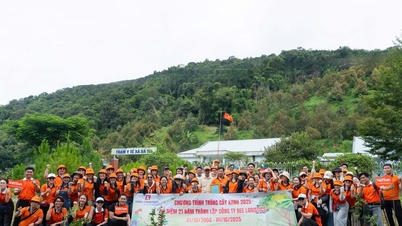

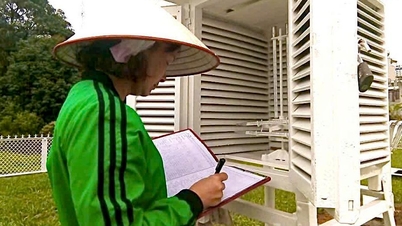

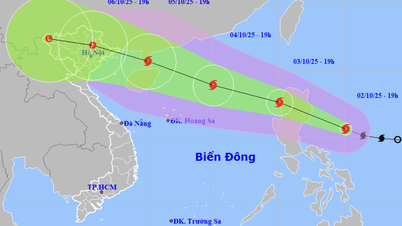

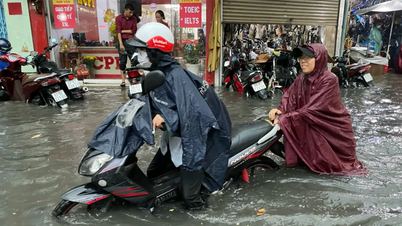

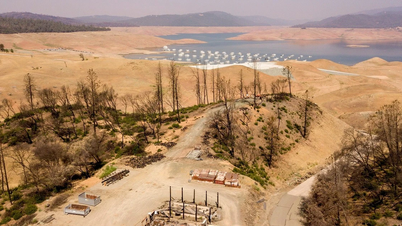






















































































Comment (0)